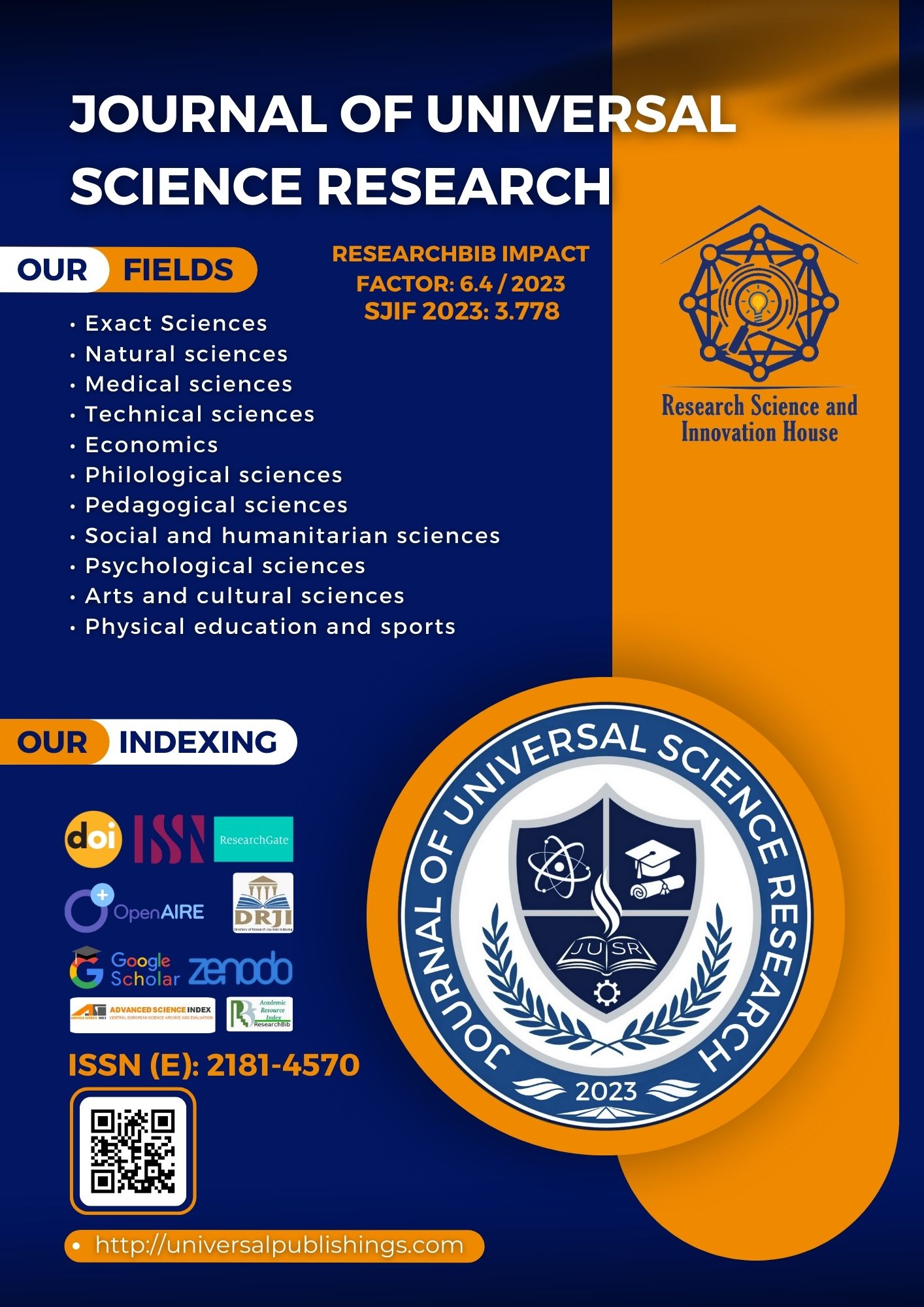Abstract
The paper presents the derivation of Lorentz transformations in curvilinear coordinates using a generalized biquaternions method. The orbital rotation of the source and/or receiver, i.e. (mathematically) the Lorentz transformation in spherical coordinates, is the cause of the transverse Doppler effect. The change of the wave frequency, i.e., «redshift” leads to nonlinearities of Hubble's law, e.g., accelerated and anisotropic expansion of the Universe, aberration, and wave polarization.
References
1. Transverse Doppler Effect and Special Relativity. E. Falkner. The General Science Journal. https://www.gsjournal.net/Science-Journals/Research%20Papers-Relativity%20Theory/Download/7621
2.The global positioning system, relativity, and extraterrestrial navigation Neil Ashby and Robert A. Nelson 2008. https://tf.nist.gov/general/pdf/2444.pdf
4. Pain, Reynald; Astier, Pierre (2012). "Observational evidence of the accelerated expansion of the Universe". Comptes Rendus Physique. 13 (6): 521–538. arXiv:1204.5493 pp. 13-16. .
5. Jacques Colin, Roya Mohayaee, Mohamed Rameez and Subir Sarkar (Nov 2019). "Evidence for anisotropy of cosmic acceleration⋆". Astronomy & Astrophysics. 631: L13. arXiv:1808.04597.
6. Freedman, W. L.; Madore, B. F. (2010). The Hubble Constant. Annual Review of Astronomy and Astrophysics. 48: 673–710. arXiv:1004.1856.
7. Sangwine, Stephen J.; Ell, Todd A.; Le Bihan, Nicolas (2010), "Fundamental representations and algebraic properties of biquaternions or complexified quaternions", Advances in Applied Clifford Algebras, 21 (3): 1–30, arXiv:1001.0240,
8. The rules of 4-dimensional perspective: How to implement Lorentz transformations in relativistic visualization. Andrew J. S. Hamilton. arXiv:2111.09307v1 [gr-qc] 16 Nov 2021
9. Babaev A. Kh., Biquaternions, rotations, and spinors in the generalized Clifford algebra (in Russian). Sci-article.ru. № 45 (May) 2017. pp. 296 - 304, https://sci-article.ru/number/05_2017.pdf
10. Chris J. L. Doran. Geometric Algebra and its Application to Mathematical Physics. Sidney Sussex College. A dissertation submitted for the degree of Doctor of Philosophy in the University of Cambridge. February 1994, pages 4-6.
11. Gaston Casanova. L’Algebre Vectorielle. Press Universitaires de France. p. 10, 19. https://books.google.ru/books?id=Es__EAAAQBAJ&pg=PA2&hl=ru&source=gbs_toc_r&cad=2#v=onepage&q&f=false
12. Babaev A. Kh. Alternative formalism based on Clifford algebra (in Russian), SCI-ARTICLE.RU. №40 (December) 2016, pp. 34 – 42, https://sci-article.ru/number/12_2016.pdf
13. Landau L. D., Lifshitz E. M., The Classical Theory of Fields, Course of Theoretical Physics, vol. 2, pp. 123 – 127.
14. Albert Einstein (1905) "Zur Elektrodynamik bewegter Körper", Annalen der Physik 17: 891; English translation
15. https://en.wikipedia.org/wiki/Earth%27s_orbit
16. https://en.wikipedia.org/wiki/Astronomical_constant
17. Dan Scolnic, Lucas M. Macri, Wenlong Yuan, Stefano Casertano, Adam G. Riess. Large Magellanic Cloud Cepheid Standards Provide a 1% Foundation for the Determination of the Hubble Constant and Stronger Evidence for Physics Beyond LambdaCDM – 2019-03-18. arXiv:1903.07603.
18. Gott III, J. Richard; Mario Jurić; David Schlegel; Fiona Hoyle; et al. (2005). "A Map of the Universe" (PDF). The Astrophysical Journal. 624 (2): 463–484. arXiv:astro-ph/0310571.
19. Florian Peißker, Andreas Eckart, Michal Zajaček, Basel Ali, Marzieh Parsa. S62 and S4711: Indications of a population of faint fast moving stars inside the S2 orbit -- S4711 on a 7.6 year orbit around Sgr~A* // The Astrophysical Journal. — 2020-08-11. — v. 899, Edit. 1. — S. 50. — ISSN 1538-4357
20. Hubble, E. (1929). "A relation between distance and radial velocity among extra-galactic nebulae". Proceedings of the National Academy of Sciences. 15 (3): 168–173.
21. W. L. Freedman, B. F. Madore, B. K. Gibson, L. Ferrarese, D. D. Kelson, S. Sakai, J. R. Mould, R. C. Kennicutt Jr., H. C. Ford, J. A. Graham and others, Hubble, E. (1929). "A relation between distance and radial velocity among extra-galactic nebulae". Proceedings of the National Academy of Sciences. 15 (3): 168–173. Final Results from the Hubble Space Telescope Key Project to Measure the Hubble Constant, https://arxiv.org/abs/astro-ph/0012376
22. https://en.wikipedia.org/wiki/Ecliptic
23. First Year Wilkinson Microwave Anisotropy Probe (WMAP) Observations: Preliminary Maps and Basic Results, C.L. Bennett, et al., 2003ApJS..148....1B, reprint / preprint (4.4 Mb) / individual figures / ADS / astro-ph,

This work is licensed under a Creative Commons Attribution 4.0 International License.

